AI-powered engagement embedded directly into your platform
PersonaFin hyper-personalizes brokerage, wealth and banking platforms because your users deserve better than one-size-fits-all. Our technology embeds AI directly into clients' existing platforms to elevate the experience, lift engagement, and drive revenue
Hyper-Personalised Experiences for Investors
Using our proprietary AI engine for tracking, baselines, PersonaFin personalizes every user touchpoint across your existing platform or app to turn unengaged users into active, engaged investors.
Drive Relevance
Infer intent from behavior + market context in real time without exposing PII.
The Right Content at the Right Time
Orchestrate the next-best content across feed, search, AI chat, and video.
Boost Engagement
Deliver a relevant, engaging experience that lifts engagement.
How PersonaFin Drives Engagement
Powerful AI capabilities that transform how users discover, consume, and act on financial content—each one designed to increase engagement and drive meaningful interactions.

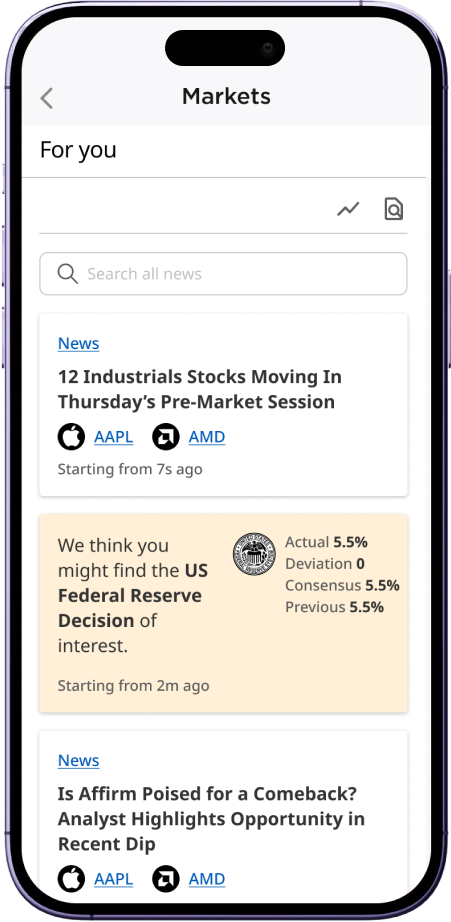
Blended Feed
A dynamic content stream mixing news, education, and insights relevant to each user.

AI-Surfaced Insights
Highlights what matters most to the individual — cutting through noise and driving engagement.
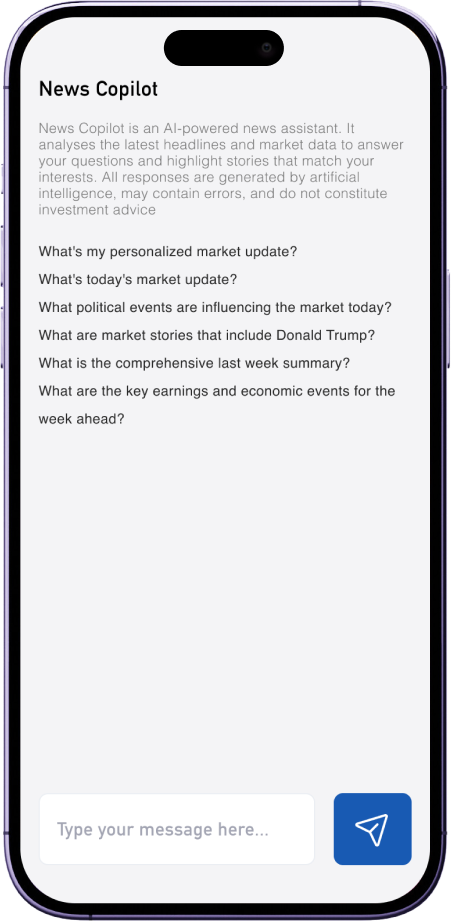
News Co-Pilot
A context-aware chatbot that draws on each user's past behaviors to deliver timely, relevant guidance every time.
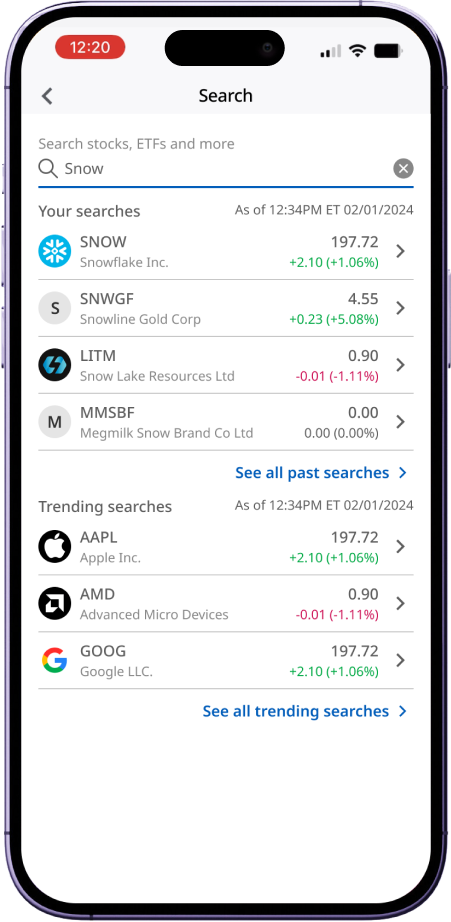
Hyper-Personalized Search
Search results evolve with each user's behavior — making every interaction more relevant.

AI-Generated Video
Adapts to your behaviour and engagement to deliver market updates, education, and events that capture your attention.
How it works
Capture
Add a lightweight JavaScript tracking tag to your platform. Setup takes under a day and instantly collects compliant behavioral data.
Learn
Our AI updates with every data point, building a personalized knowledge graph for each user in real time.
Decide
The AI's next-best-action engine chooses the right action for each use case, like news feeds, search, or chatbots.
Deliver
PersonaFin deploys in under three days via iFrame for a fast start. Models fully optimize after 9 days of data. APIs and widgets offer deeper integration.
Why PersonaFin
Built specifically for regulated financial institutions, PersonaFin delivers enterprise-grade hyper-personalization without compromising on compliance, transparency, or speed.
Real-time, not batch
Orchestrates next-best content as behavior and markets change.
Deterministic & transparent
Rule-based ranking; no generative-AI decisioning and no trade recommendations.
Privacy-first
Consent enforced at the edge (GDPR/CCPA aligned); no PII required.
Fast, low-lift implementation
Go live in days with prebuilt widgets/iFrame; expand to APIs & SDKs when ready.
Licensed, high-quality content
Works with leading market-data publishers and your own sources.
Enterprise guardrails
ISO 27001 program, encryption in transit/at rest, tenant isolation.
Proven Impact
Real results from financial institutions using PersonaFin to drive engagement, education, and feature adoption.
"Implementing PersonaFin's AI-driven personalization was both quick and seamless. Within the first three months, we observed a remarkable 2.5x increase in user engagement. The PersonaFin team has been exceptional to work with, consistently providing clear and effective communication throughout our collaboration."— Jamie Schumacker, VP Product & Platform Strategy, Qtrade
"By implementing PersonaFin's Financial Experience Cloud, we've seen impressive lifts across our key engagement and growth metrics. The platform's data-driven insights inform our content strategy daily, ensuring we deliver maximum value tailored to each user. PersonaFin's personalization capabilities have profoundly impacted our ability to create meaningful experiences."— Thomas Cotter, Product Manager, Benzinga
Implementation
Start in days with a drop-in iFrame. Add Widgets or Direct API (REST + streaming) as you go.
Behavior Capture SDK: optional for iFrame/Widgets; required for Direct API.
iFrame (fastest)
Time to live: days, not months
What it is:
Hosted view with one or many modules (Feed, Search, Explainers, Alerts, Video, optional Co-Pilot).
What you do:
Add a single iFrame with one snippet of code, pass a signed user token (SSO/JWT), choose modules & sources, launch.
Behavior SDK:
Not required (iFrame is pre-tagged); recommended to tag the rest of your app for better results.
Runs on:
Web and mobile (WebView)
Widgets (pick & mix)
Time to live: days to ~1 week
What it is:
Prebuilt UI components you can place anywhere (e.g., Feed, Search, Alerts, Video).
What you do:
Drop in the script/React components, pick the widgets, light config/styling, pass a signed token.
Behavior SDK:
Not required (widgets are pre-tagged); recommended to tag surrounding pages/sections.
Runs on:
Web (and mobile via WebView)
Direct API (REST + streaming)
Time to live: ~2–4 weeks
What it is:
REST endpoints plus streaming for real-time updates to power your own native UI.
What you do:
Call the endpoints you need (next-best content, search, alerts), render with your components.
Behavior SDK:
Required platform tagging (via our SDK or your own events to our Events API). Depth is flexible; more signals = better hyper-personalization.
Runs on:
Any stack (web, iOS, Android, server)
One Integration, All Content Sources
We've already connected to all the major financial content providers, so you don't have to. One implementation gives you access to everything you need.
We connect to these sources using your existing content licenses.
Sample of Content Providers We Connect With














Adding new content sources to your platform is as simple as a button click (subject to you having the appropriate licenses).
Extensive Connector Library
The providers shown above are just a small sample of our extensive connector library. We likely already have the connectors you need, and if not, we can quickly build new ones. Custom connectors are also available for your proprietary content sources.
Compliance & Security
Built for regulated financial institutions with enterprise-grade security and full auditability
Data Protection
Governance

ISO 27001 Certified
Independently verified information security management